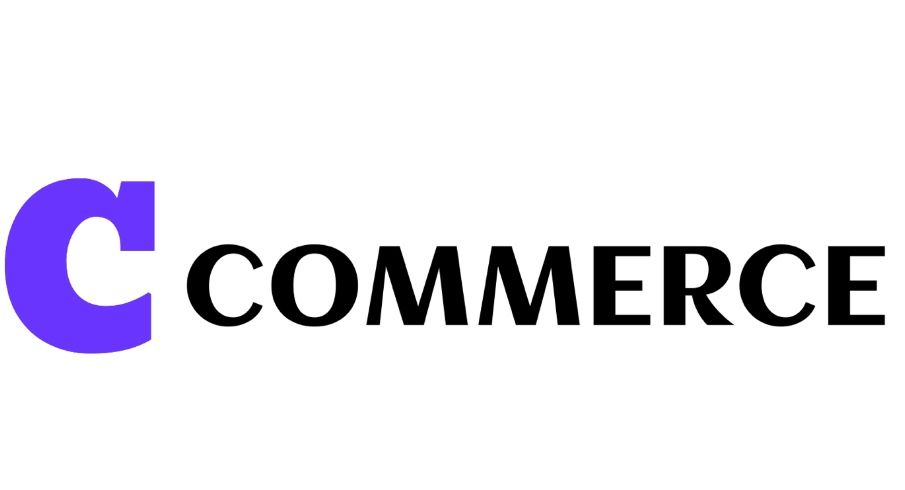Choosing the Best AI E-commerce Platform for ERP Integration
DL
Understanding the Importance of ERP Integration in E-commerce
In the fast-paced world of e-commerce, efficiency and streamlined operations are crucial for success. One of the most effective ways to achieve this is through the integration of Enterprise Resource Planning (ERP) systems with AI-driven e-commerce platforms. This integration allows businesses to automate and optimize various functions such as inventory management, order processing, and customer relationship management, leading to improved productivity and customer satisfaction.
ERP systems serve as the backbone of many businesses, providing a unified platform to manage core business processes. Integrating these systems with AI e-commerce platforms can significantly enhance data accuracy and decision-making capabilities, offering a competitive edge in the market.

Key Features to Look for in an AI E-commerce Platform
When selecting an AI e-commerce platform for ERP integration, it’s essential to consider several key features that can impact your business operations. Firstly, ensure the platform supports real-time data synchronization. This feature is critical for maintaining up-to-date information across all systems, reducing errors and improving efficiency.
Additionally, look for platforms that offer advanced analytics and reporting capabilities. These tools can provide valuable insights into customer behavior and sales trends, helping you make informed decisions. Another crucial feature is scalability, ensuring that the platform can grow alongside your business.

Ensuring Seamless Integration
Seamless integration between your AI e-commerce platform and ERP system is vital for achieving optimal results. To ensure this, check if the platform supports API-based integration. APIs allow different software applications to communicate effectively, facilitating smooth data exchange and reducing compatibility issues.
Furthermore, consider platforms that offer customizable integration options. These options allow you to tailor the integration process to meet your specific business needs, ensuring that all critical functions are covered without unnecessary complexity.

Evaluating Vendor Support and Community
The level of support provided by the vendor can make a significant difference in your integration experience. Look for vendors that offer comprehensive customer support, including resources like tutorials, FAQs, and dedicated support teams to address any issues that arise during the integration process.
Additionally, evaluate the community surrounding the platform. A strong user community can be a valuable resource for troubleshooting problems and sharing best practices. Platforms with active forums and user groups often provide additional insights and support.
Cost Considerations and ROI
While selecting an AI e-commerce platform, it’s important to consider the total cost of ownership, including initial setup fees, subscription costs, and any additional charges for integration or customization. Balancing these costs against the expected return on investment (ROI) is crucial for making a financially sound decision.
A well-integrated platform can lead to significant cost savings by automating routine tasks, reducing errors, and improving overall efficiency. Carefully assess how these potential savings can offset the costs of implementation over time.

Future-proofing Your E-commerce Strategy
The e-commerce landscape is rapidly evolving, so it's essential to choose a platform that can adapt to future technological advancements. Prioritize platforms that regularly update their features and capabilities, ensuring they remain compatible with emerging technologies and market trends.
Ultimately, selecting the right AI e-commerce platform for ERP integration requires careful consideration of various factors. By focusing on features like real-time data synchronization, scalability, and vendor support, businesses can position themselves for long-term success in the competitive e-commerce environment.
